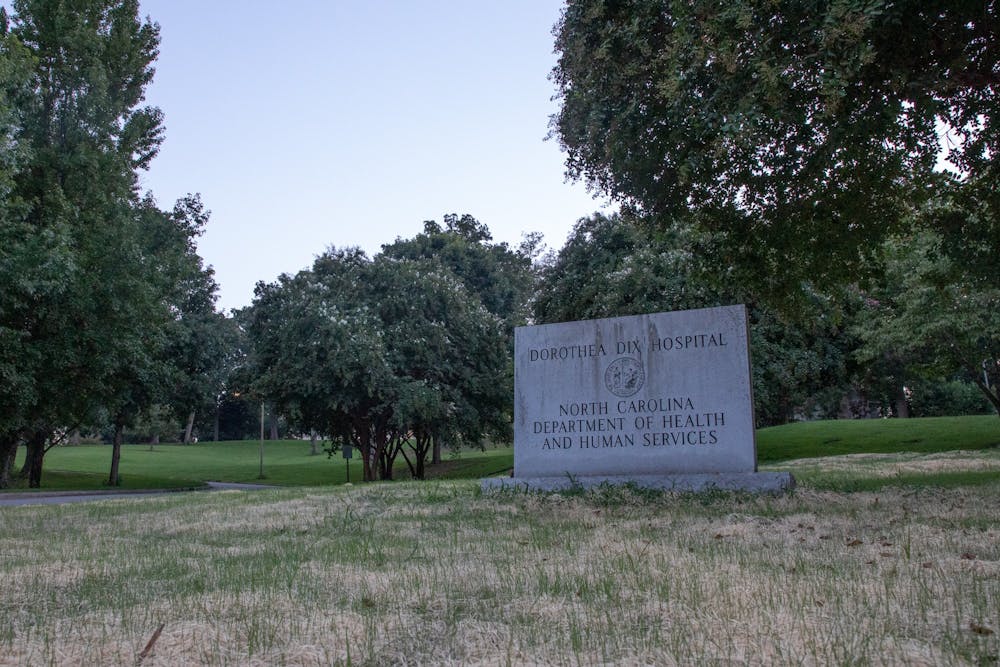North Carolina's Caregiving Workforce Strategic Leadership Council released a report on Jan. 23 detailing a plan to strengthen the state’s caregiving workforce — including increasing pay and improving data collection.
In its report, the council focused on three areas of healthcare workers: direct care workers, nurses and behavioral health workers. Direct care workers support individuals who need help with daily activities — like dressing or eating — due to health conditions, age or disability.
The council was convened by the N.C. Department of Health and Human Services and the N.C. Department of Commerce to address the projected shortage various types of health care workers the state could face in the next decade.
Winter Earnhardt, a UNC student who works as an in-home caregiver through CareYaya, said direct care workers are so important because of the role they play for both their patients and their patients' families.
“Caregiving really alleviates a lot of stress on a family and it makes it so that whether they're elderly or just someone who has a disability, that their family can take a step back and just be their family member,” she said. “They don't need to be their family member and their doctor that day.”
To strengthen the direct care workforce, the council suggested refining the definition of direct care workers, advancing the data landscape for the workforce, expanding apprenticeship programs and creating a living wage for direct care workers.
Earnhardt said that while she believes the proposed solutions would benefit the workforce, she was particularly excited about the idea of data collection because it could help better pair caregivers and patients.
“I know for a lot of patients it's a really big deal to them to have care from someone who's the same gender or the same race or who they can relate to a little bit," she said. “I think kind of being able to see where that falls with healthcare would be really important, especially with direct care, because that's really valuable to patients.”
Nursing was also identified as an area of high need within the state. The state has predicted that North Carolina could face a shortage of approximately 12,500 registered nurses and 5,000 licensed practical nurses by 2033.




